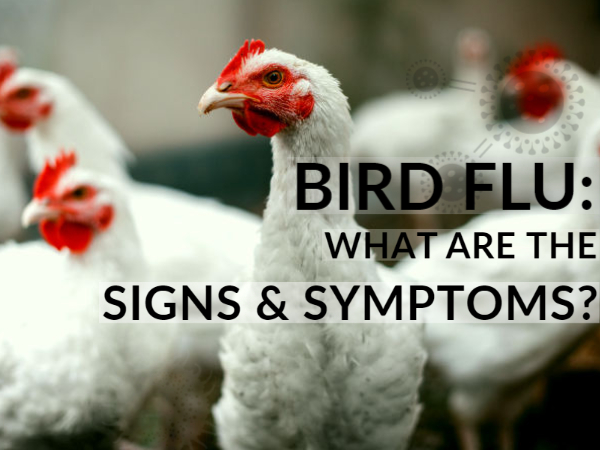What Are the Symptoms of Bird Flu? – Bird flu, also known as avian influenza, is a viral infection primarily affecting birds but can sometimes infect humans and other animals. The most common strain that affects humans is H5N1. Understanding the symptoms is essential for early detection and prevention of complications.
Common Symptoms of Bird Flu in Humans
When bird flu infects humans, the symptoms can range from mild to severe. Here’s a breakdown:
1. Respiratory Symptoms
- Cough: Persistent coughing is a hallmark symptom.
- Sore Throat: Pain or discomfort in the throat is common.
- Shortness of Breath: Difficulty in breathing may occur as the infection progresses.
2. Fever and Body Aches
- High Fever: A sudden fever, usually over 100°F (37.8°C), is one of the first signs.
- Muscle Aches: Generalized body pain or weakness often accompanies fever.
3. Gastrointestinal Issues
- Nausea and Vomiting: These symptoms are less common but can occur.
- Diarrhea: In some cases, patients report stomach upset or diarrhea.
4. Eye Infections
- Conjunctivitis: Red, itchy, or watery eyes may be an early sign of the infection.
5. Severe Complications
Without timely treatment, bird flu can lead to severe complications, such as:
- Pneumonia
- Multi-organ failure
- Acute respiratory distress syndrome (ARDS)
When to Seek Medical Help
If you experience any of the above symptoms and have been in contact with birds or poultry, seek medical advice immediately. Early detection and antiviral medications can significantly improve outcomes.
Prevention is Key
To protect yourself from bird flu:
- Avoid direct contact with sick or dead birds.
- Cook poultry and eggs thoroughly.
- Practice good hygiene, such as frequent handwashing.
Understanding the symptoms and acting promptly can save lives. Stay informed and take preventive measures to safeguard your health.





